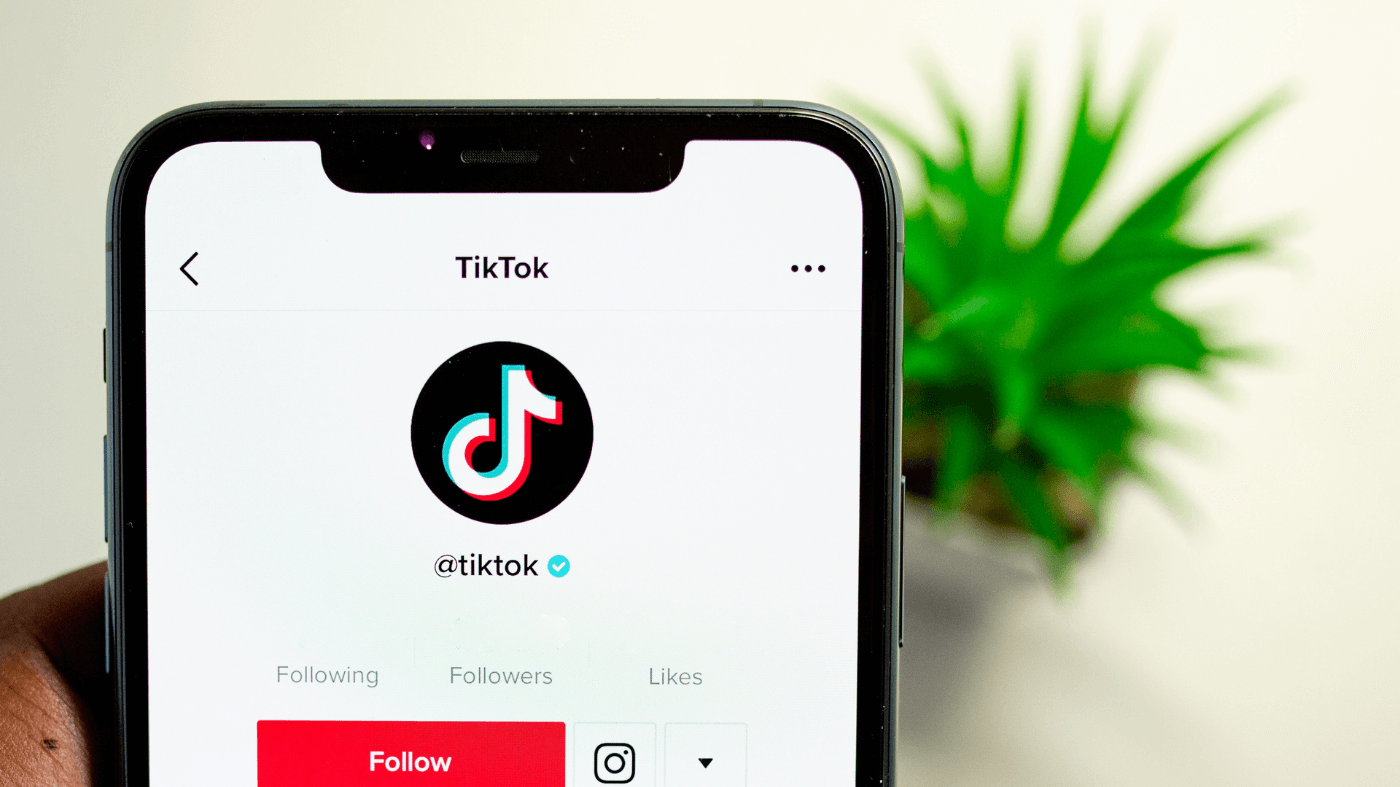For musicians, the decision to sign a record deal or remain independent can significantly impact their career trajectory. While both options have their advantages and disadvantages, it ultimately depends on the artist's goals, resources, and priorities.
Signing a record deal can offer artists several benefits, including access to a larger audience, established industry connections, and financial resources. Major record labels have the infrastructure and resources to promote and distribute an artist's music, which can help them reach a broader audience and potentially secure more lucrative performance opportunities. Record labels also typically offer financial support for recording, touring, and marketing, which can be a significant advantage for artists who may not have the financial means to pursue these opportunities independently. Additionally, record labels often have established relationships with industry professionals, such as producers and booking agents, which can be valuable connections for artists seeking to advance their careers.
However, signing a record deal can also come with its drawbacks. Many record labels require artists to give up a portion of their creative control, which can be problematic for artists who prioritize their artistic vision. Record labels may also impose strict deadlines, demanding touring schedules, and other obligations that can leave artists feeling overworked and overwhelmed. Furthermore, artists may not receive the financial benefits they expect from a record deal, as record labels often recoup their investment before paying out royalties to artists.
On the other hand, staying independent can give artists more creative control over their music and career trajectory. Independent artists have the freedom to release music on their own terms, without the interference of a record label's demands. They can also retain ownership of their master recordings and maintain more control over their revenue streams. Additionally, independent artists can establish more personal connections with their fans, which can lead to more loyal and engaged audiences.
However, remaining independent can also present challenges. Independent artists typically have to handle all aspects of their career, from recording and producing to marketing and distribution. This can be time-consuming and require a significant amount of financial investment. Independent artists may also struggle to gain visibility in a crowded industry and compete against more established artists with larger budgets and teams.
In conclusion, both signing a record deal and remaining independent have their pros and cons. The decision ultimately depends on the artist's goals, resources, and priorities. Some artists may prioritize creative control and independence, while others may prioritize exposure and financial support. Ultimately, the choice between signing a record deal or remaining independent requires careful consideration and an understanding of the potential risks and benefits.





